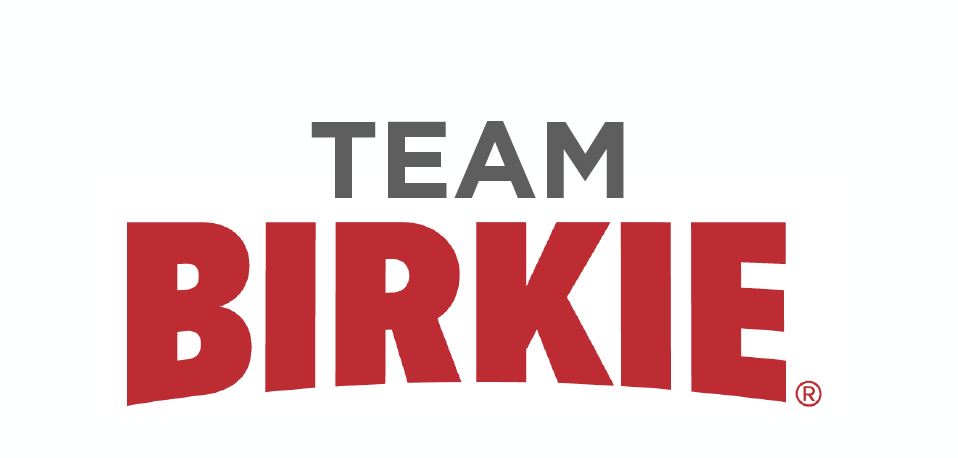Tips to Stay Happy and Healthy this Winter
Illness can at times feel like a skier’s worst nightmare. It’s never fun to have to sit on the couch and feel like crap when there are groomed ski trails waiting just outside the door. Illness can feel like an even bigger challenge when it jeopardizes upcoming races. Skiers at every level have all experienced the disappointment of having to sit out a race they had circled on the calendar months in advance. The aim with this blog post is to provide you with advice on staying healthy that goes a bit beyond the normally repeated advice.
Now, it goes without saying that the typical advice for staying healthy still fully applies. Washing your hands is a simple way to reduce stress on your immune system. A good routine to create is to wash your hands every time you come back to your house from an outing — whether it’s coming back from the grocery store, or just coming back from a ski. Additionally, always wash your hands before you eat, and after going to the bathroom (hopefully that’s not new information).
Sleep — or lack of sleep, more specifically — is another major contributor to illness. You have probably heard a thing or two about the negative impacts phone and computer screens can have on our circadian rhythm. A great piece of advice for countering the temptation to be on our phones in bed is to charge your devices as far away from your bedroom as possible. If your bedroom is on the upper level, charge your phone downstairs. It’s a lot less tempting to reach for your phone when you have to walk downstairs to retrieve it.
Now, let’s get into some of the lesser-known strategies for avoiding illness. One habit that we feel really strongly about at Team Birkie is to always change into fresh, dry clothes immediately after a workout. This applies especially to clothes you wear above your waist, like a dry sweatshirt and warm hat. This rule becomes a law if you have just done an interval session or a race, or if you have a long driving commute back home from where you trained. Hanging out in your sweaty, wet clothes is a great way to become chilled and put a ton of stress on your immune system in the process.
On a similar note, make an effort to take a hot shower as soon as you get home, regardless of whether you felt like you sweated during your workout or not. This serves as an excellent reset for your body before you resume your regular life routines. As one coach once said, “Recovery truly begins after you’ve showered.” Showering also has the added benefit of making your partner or teammates want to be around you more!
Nutrition is a crucial aspect of recovery that is not talked about enough. Any time your body is in a calorie deficit, your immune system will suffer. Our bodies’ natural defenses require energy in the form of calories to work properly. Skiing, especially in cold weather, burns an incredible amount of calories. Being diligent about getting enough to eat is crucial if you want to stay healthy. Fueling is especially important in the 30 minute window directly after training when our bodies have the highest demand for calories. Make a habit of packing some sort of food or recovery shake to have immediately after your training.
The last thing we want to mention, and perhaps also the most important thing which encompasses all of the advice above, is to listen to your body. If you are especially tired one morning, don’t train. If you question whether an interval session makes sense today, don’t do intervals. If you are exhausted and hungry during a workout, call it a day. It is completely wrong to believe that we can only make fitness gains when we push well beyond the point of all common sense and instinct. Our bodies are fine-tuned machines that send us all sorts of signals if we choose to listen to them. Be a friend to yourself, and practice listening to your body. Skiers who are the best at this simple principle are the athletes who have long, healthy winters.
Hopefully some of these tips can help you stay healthy this winter! And remember, if you do end up getting sick, don’t worry about it. Of course, it is a huge bummer if you have to miss a key race, but the most important thing if you do end up getting sick is to rest. When we become sick, less is more. Take an extra day or two before you get back to training, and never, ever, push through sickness in the hopes of maintaining fitness. This only prolongs your illness and leads to significantly more fitness loss in the long run. Olympic Champion Johannes Klaebo went on a beach vacation last season when he missed the Tour de Ski with the Flu and didn’t train for over a week, and then won just about every World Cup race remaining in the season after he got healthy again. Remember: when in doubt, listen to your body - so you can race and feel good!



